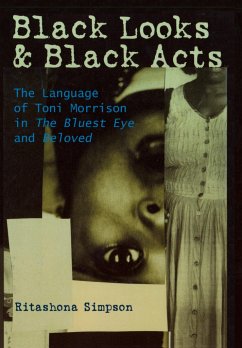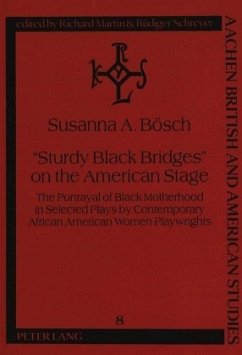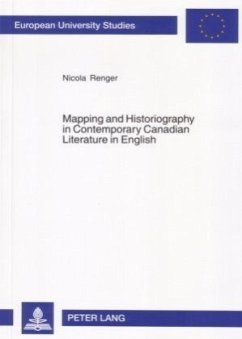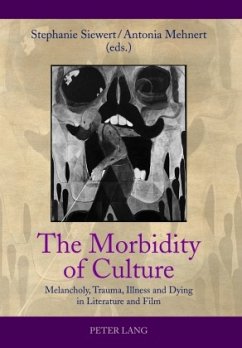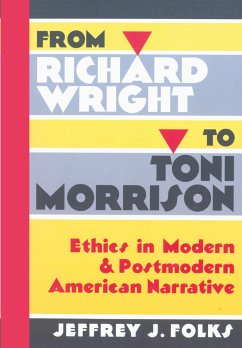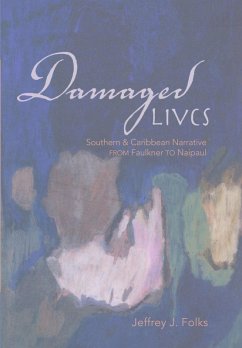
Fiction and the Incompleteness of History
Toni Morrison, V. S. Naipaul, and Ben Okri
Versandkostenfrei!
Versandfertig in 6-10 Tagen
66,15 €
inkl. MwSt.

PAYBACK Punkte
0 °P sammeln!
With reference to Paul Ricoeur's conception of the interconnectedness of history and fiction, this comparative literary study examines narrative strategies that three contemporary writers of fiction - Toni Morrison, V. S. Naipaul, and Ben Okri - have devised to counteract the incompleteness of historical representation. In her novel Beloved Morrison redefines the slave-narrative tradition and reveals an alternative history of slavery by unveiling the interior lives of her characters. Through a hybrid prose that mixes fiction with history in the novels The Enigma of Arrival and A Way in the Wor...
With reference to Paul Ricoeur's conception of the interconnectedness of history and fiction, this comparative literary study examines narrative strategies that three contemporary writers of fiction - Toni Morrison, V. S. Naipaul, and Ben Okri - have devised to counteract the incompleteness of historical representation. In her novel Beloved Morrison redefines the slave-narrative tradition and reveals an alternative history of slavery by unveiling the interior lives of her characters. Through a hybrid prose that mixes fiction with history in the novels The Enigma of Arrival and A Way in the World, Naipaul illuminates «areas of darkness» in the diasporic world of East Indian Trinidadians and provides new ways of transforming English literary and cultural history. Focusing on West African identity and community, Okri brings a mythic and fantastic dimension to postcolonial fiction as a way of giving a voice to people who are generally without power and almost without any place in a world of inequality and injustice. Probing into historical incompleteness, this study underscores the indispensable role of fiction in representing life, rectifying history, and enlarging reality.






